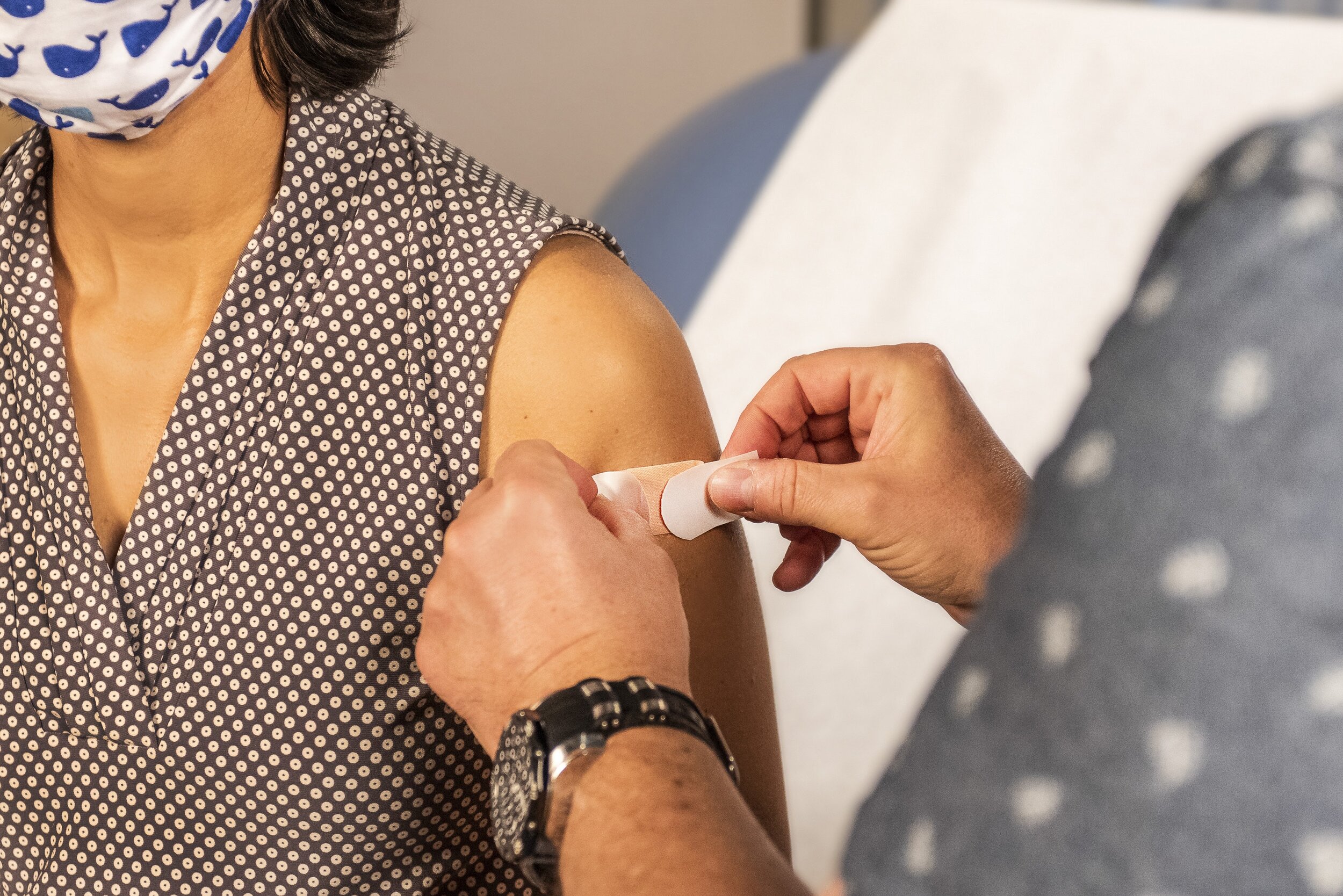
Help for needle phobia
Needle phobia is common
About 10 to 25 percent of people experience needle phobia..
That means you or someone you know is affected by this key contributor to Covid-19 vaccine hesitancy.
Needle phobia is physical
This isn’t just about not liking needles.
You might experience heart racing, nausea, panic, or a sudden drop in blood pressure that leads to fainting. These are real, involuntary, intense physical reactions.
Needle phobia is treatable
Evidence-based interventions such as exposure therapy have been shown to be effective for managing needle phobia.
If your needle anxiety is relatively mild (and/or motivation very high), these self-help strategies may be sufficient to get you vaccinated. You can also explore our other resources here, including our nationwide referral list for blood-injection-injury phobia specialists.
Want to learn more?
See our Call to Action to learn how we can address needle phobia, increase vaccination rates, and create more equitable and empathic healthcare for all.
Learn more about who we are.





